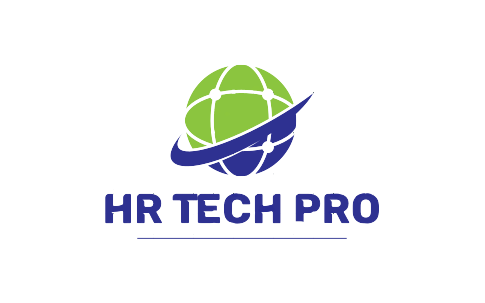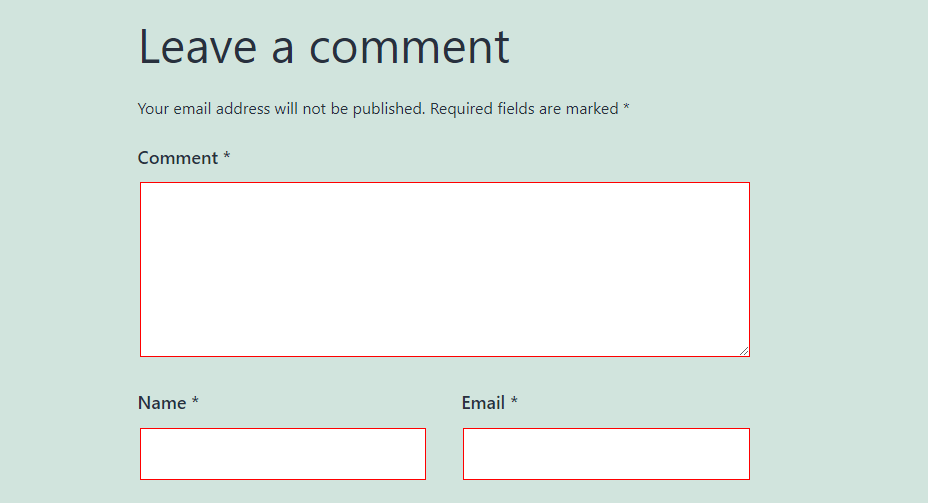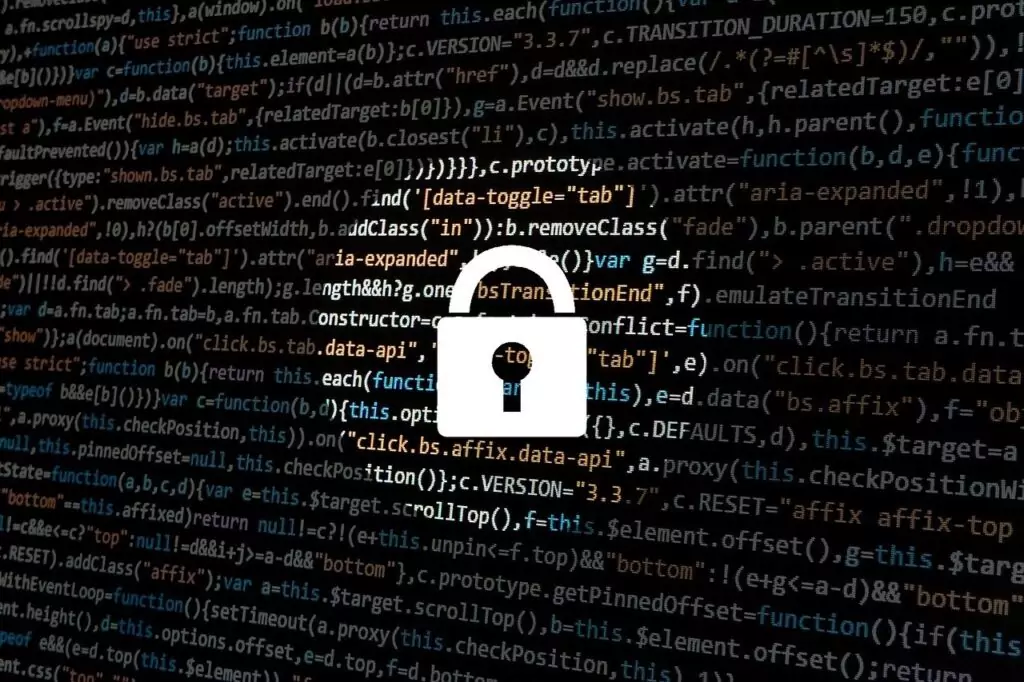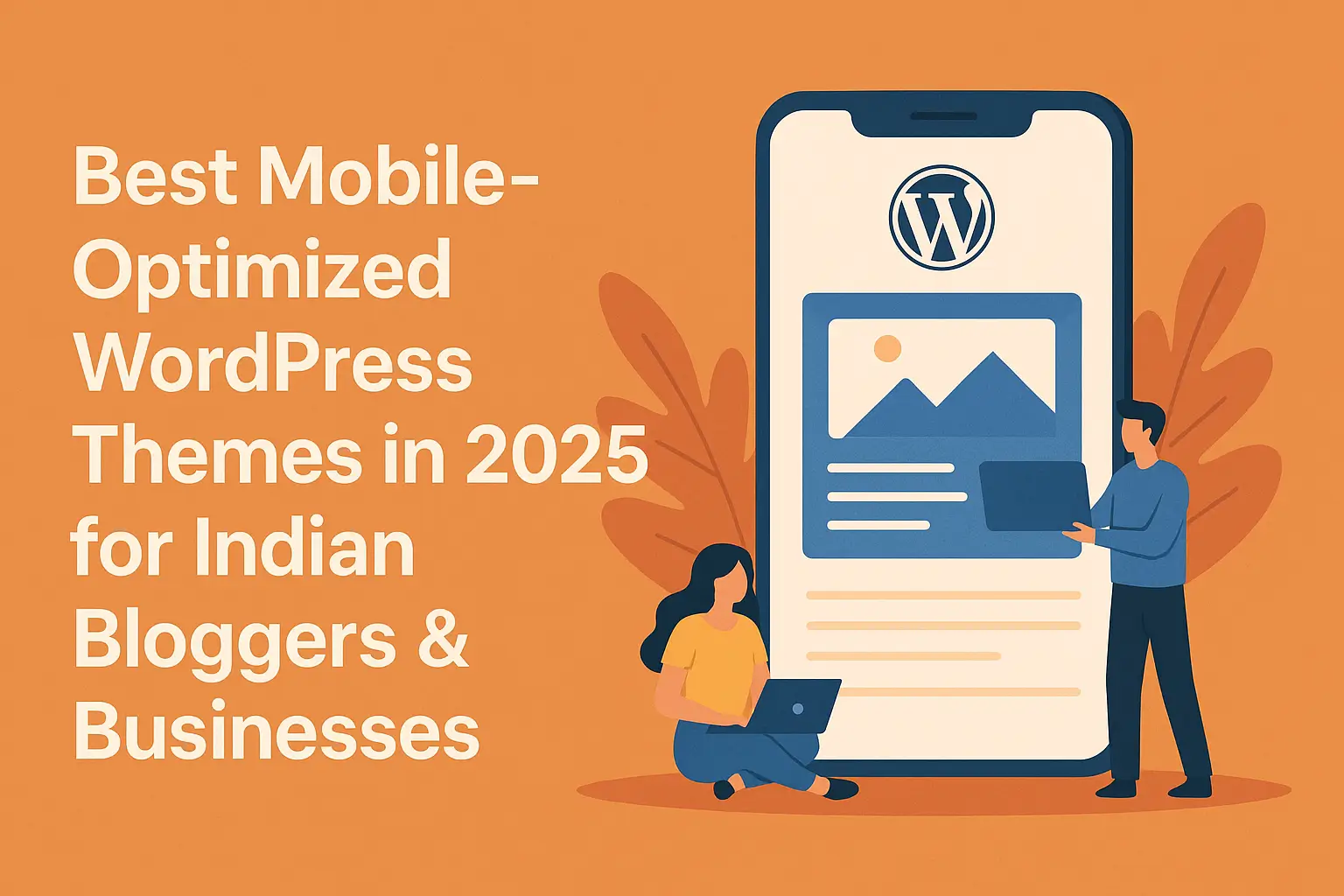Can AI take over jobs from programmer or AI replace Programmer?
Introduction:
As artificial intelligence (AI) continues to advance at an exponential rate, questions arise regarding its potential to replace human programmers. With the ability to automate tasks and make intelligent decisions, it is natural to wonder if AI will render programmers obsolete. However, rather than viewing AI as a threat, it is crucial to recognize the potential for collaboration between AI and programmers. In this article, we will explore the evolving relationship between AI and programming, highlighting the ways in which AI can enhance and augment the role of programmers while debunking the notion of complete replacement.
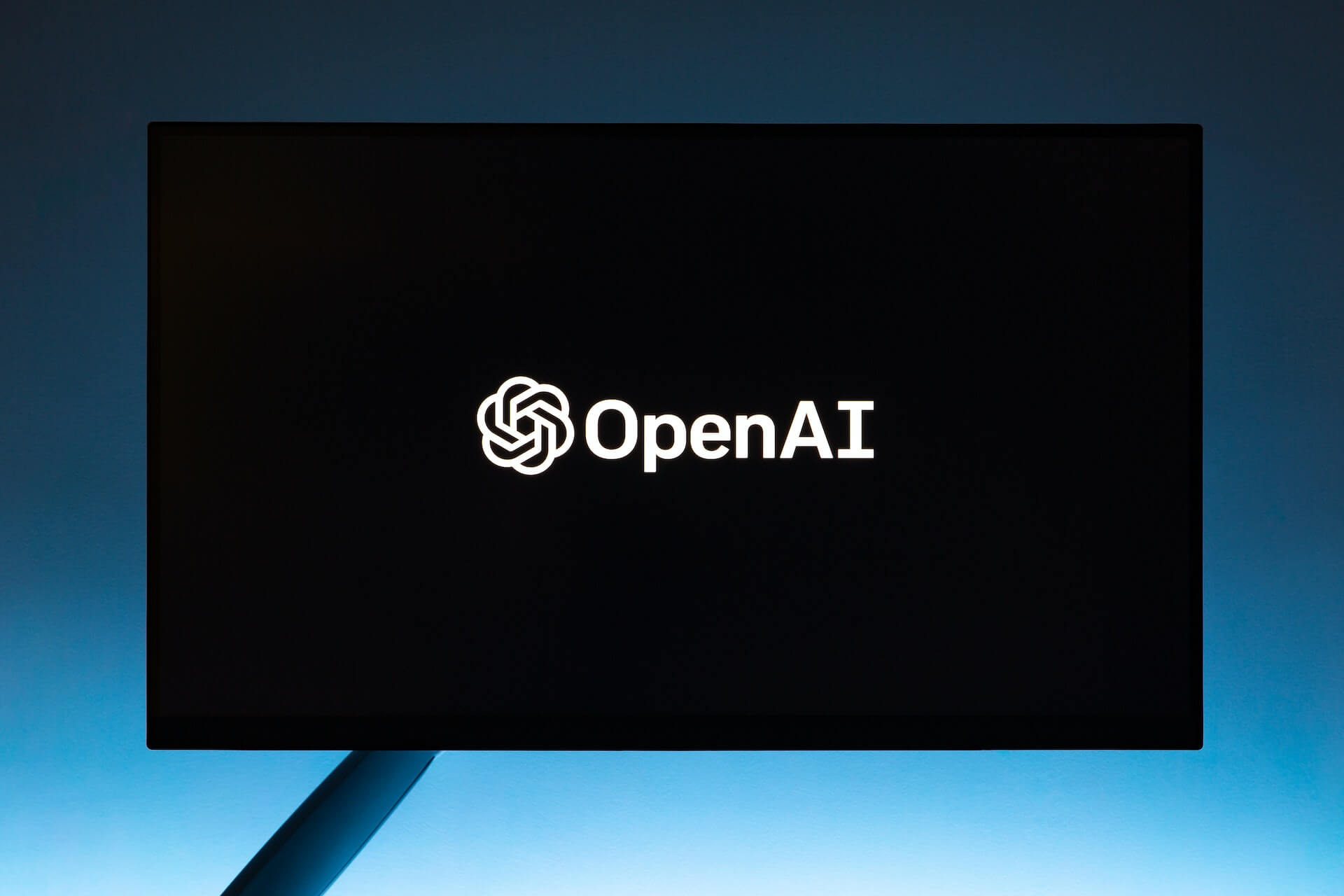
The Power of AI in Programming:
AI has already made significant strides in automating certain programming tasks. It can analyze vast amounts of code, identify patterns, and suggest optimized solutions. This capability enables AI to enhance the productivity of programmers by automating repetitive and time-consuming tasks. For instance, AI-powered code generation tools can assist in writing boilerplate code, speeding up development processes.
Moreover, AI can assist programmers in debugging and troubleshooting code. By analyzing error patterns and offering suggestions for resolution, AI can expedite the identification and correction of bugs, leading to more efficient software development cycles.
Augmenting Human Creativity:
One of the key strengths of human programmers lies in their ability to think creatively, solve complex problems, and make critical decisions. While AI can automate certain programming tasks, it lacks the intuition, context, and adaptability that humans possess. Programming often requires innovative thinking and the ability to understand the broader goals and objectives of a project.
By freeing programmers from mundane and repetitive tasks, AI can empower them to focus on higher-level activities that require human intelligence. With AI handling the routine tasks, programmers can dedicate their time and energy to conceptualizing innovative solutions, designing robust architectures, and ensuring that software aligns with business and user requirements.

Collaboration between AI and Programmers:
Rather than replacing programmers, AI has the potential to collaborate with them, leading to more efficient and effective software development processes. AI can act as a helpful assistant, providing programmers with relevant suggestions, insights, and recommendations.
For instance, AI-powered code analysis tools can review code for potential vulnerabilities, adherence to coding standards, and performance optimization. By flagging potential issues, AI can assist programmers in writing cleaner, more secure, and efficient code.
Additionally, AI can help programmers in exploring new technologies and frameworks by providing insights, recommendations, and code snippets. This collaborative approach enables programmers to leverage the power of AI to stay up-to-date with the latest developments and make informed decisions.
Ethical Considerations and the Human Element:
While AI can automate many programming tasks, it is important to address the ethical considerations surrounding its use. As software increasingly influences our lives, it is crucial to ensure that decisions made by AI-powered systems align with human values, are transparent, and do not perpetuate bias.
The human element in programming is irreplaceable. Programmers possess the ability to empathize with users, understand their needs, and create software that addresses those needs. They can also provide context, adapt to changing requirements, and exercise ethical judgment. These human qualities are essential for responsible and effective software development.
Conclusion:
AI is transforming the programming landscape, offering powerful tools and techniques that enhance the productivity and capabilities of programmers. However, the idea of AI replacing programmers entirely is unfounded. Instead, AI should be viewed as a collaborative partner that empowers programmers to focus on higher-level tasks, while it automates routine and repetitive activities. By embracing this collaborative approach, programmers can leverage AI’s strengths to create innovative solutions, improve productivity, and shape the future of software development.
